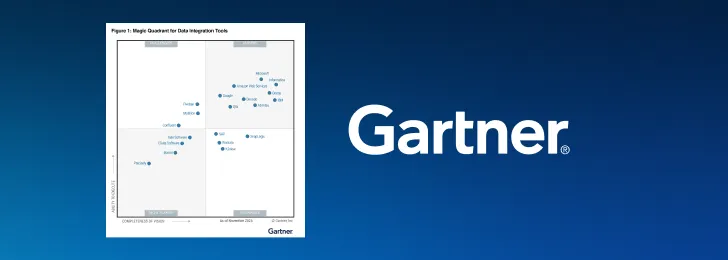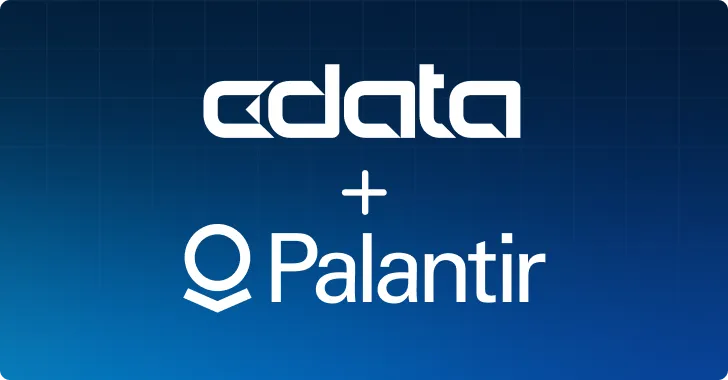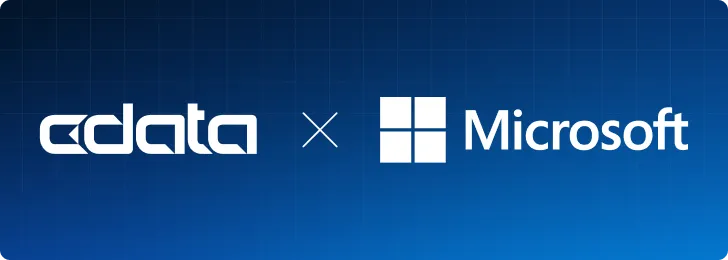
Artificial intelligence (AI) models are becoming more sophisticated by the day. They can generate fluent responses, analyze data, and even develop software. But they have always lacked one critical aspect: business-specific context.
Until recently, AI models could only natively work with pretraining sources and information from the public internet. That’s useful for general tasks, but not helpful when it comes to the context needed to support specific business decisions. Without access to internal enterprise systems, they operate in a kind of vacuum, disconnected from critical data that defines your business operations.
Model Context Protocol (MCP) was developed to bridge that gap. MCP is an open-source protocol specification introduced by Anthropic. The goal is to standardize how developers build secure connections between artificial intelligence (AI) applications and data sources and systems external to those applications. While intended as a standard, its widespread adoption across the AI and enterprise landscape is still in its early stages.
While MCP doesn’t inherently enhance an AI model’s ability to “understand” your business, it does create a standardized pathway for the model to access your business-specific data, enabling AI systems to generate far more relevant—and actionable—responses based on your actual business context.
What is MCP?
MCP is an open-source standard for enabling AI systems, particularly large language models (LLMs), to interact securely with business tools and enterprise data sources. It defines a consistent interface for systems to share relevant information with an AI model at the moment it's needed, like a customer profile from a CRM or the rules from an internal policy engine.
MCP doesn’t generate or organize context on its own. Rather, it enables controlled access to the systems that already hold your business context, like customer platforms, business applications, and internal databases. What the model sees depends on what the system exposes, from user identity and business rules to system constraints, giving AI tools the information they need to generate more relevant responses.
MCP is both a runtime protocol for handling real-time data requests and a design standard for connecting enterprise systems to AI tools. It enables systems to consistently share meaningful context with AI tools including metadata, access controls, and semantic models, helping to build a strong foundation for scaling AI across the organization.
It’s not a model or a product. MCP is the bridge that connects your intelligence platform directly to your data and systems to make AI more useful inside your organization.
Context matters
LLMs are very capable, but they work with the information they are trained on—mainly large pretraining datasets and public data on the internet. They can’t access your live business data, so the output can’t reflect information about your operations, customers, or workflows.
If we think of AI as trying to solve a word puzzle, enterprise context gives AI the clues it needs to complete the puzzle. When AI systems can access critical data, like customer records, policies, or business workflows, their output is more grounded in actual business information, not just general knowledge.
How MCP works
MCP provides a standardized way for enterprise systems to make their data and functions available to AI tools. It defines the structure of the interaction: how tools surface data, how models query it, and how those pieces fit together across different systems.
Rather than requiring custom integrations or model-specific adapters, MCP creates a consistent interface. That means information—whether it’s business rules, user activity, or current system status—can be accessed uniformly, regardless of the source. AI tools don’t need to rely on incomplete or irrelevant data to generate responses. They get the data they need through a predictable, structured channel.
Think of MCP as the set of rules that tells AI about the map, the mission, and the rules of engagement. It doesn’t define the context itself but specifies how that context is structured and shared—often at runtime—so the model works with the right data for the right use case at the right time.
Why MCP matters to data teams
MCP gives data teams a way to make AI more predictable, safe, and aligned with business intent without custom coding for each integration between LLMs and business systems. MCP makes it easier for developers to turn context into an asset—something that can be defined, managed, and reused across systems. Here’s what that means in practice:
- Faster implementation thanks to a standardized interface across systems
- Easier reuse of context because it’s structured, not custom-coded
- More consistent access since data is exposed through predictable channels
- Clearer boundaries because you can define what data is exposed and when
MCP doesn’t replace the work data teams are already doing, but it makes that work more usable in AI workflows. By standardizing how systems expose their data, MCP helps ensure that carefully defined structures like metadata, access policies, and business logic can actually be leveraged in context-aware applications. In that sense, it helps set the stage for making your data ecosystem—and your data teams—AI-ready.
Where MCP fits—and where it doesn’t
MCP is an important element in making AI more context-aware, but it’s not a complete solution on its own. It does not replace thoughtful data architecture. It doesn’t eliminate the need for good data governance, human oversight, or well-curated data sources. And it won’t magically fix unconscious biases or make a poorly trained AI model any better at its job.
What MCP does do is provide a consistent, structured way to deliver business data to the models that need it. It acts as a translator between enterprise systems and language models, enabling those models to understand your context and respond more intelligently. MCP is not a decision-maker, but it helps ensure the right data is available when and where it matters.
From raw data to real understanding
AI, for all its capabilities, still relies on what it’s given. MCP changes how we think about data intelligence in business operations— as an active component of AI-readiness. It ensures that LLMs get access to the structured, relevant data they need, whether for workflow automation, reporting, or decision support.
MCP is just one part of a broader shift in AI evolution—one that emphasizes real-world context over generic knowledge. It doesn’t change how AI models reason, but it expands what they can reason with.
Try CData MCP Server Beta
As AI moves toward more contextual intelligence, CData MCP Servers can bridge the gap between your AI and business data.





